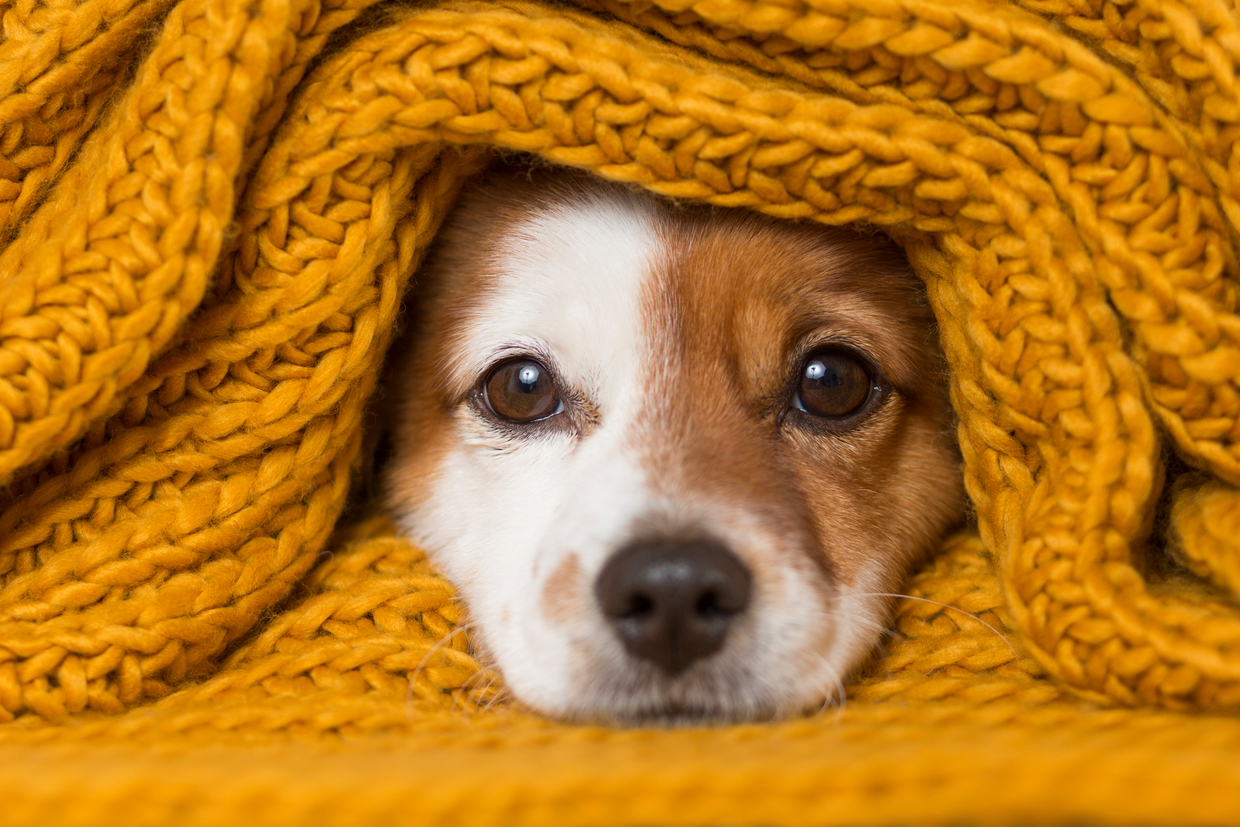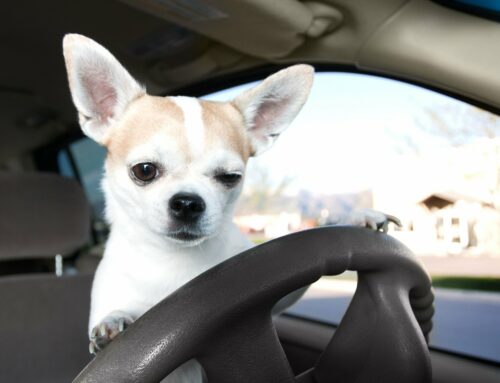This summer we were treated to record-breaking heat and whilst we enjoyed many long, sunny days, the heat had the potential to be tragically fatal for dogs, who suffer from a risk of heatstroke at temperatures as low as 20 degrees celsius. But it isn’t just the heat – the winter, too, has its own, different risks. As we approach winter, read on for tips on how to keep your dog safe during the colder months.
Veterinary Check-up
It is vital that you ensure your dog has been checked up by a vet for preexisting conditions, as the cold weather can worsen conditions such as arthritis. Equally important is making sure that you have a microchipped dog, as when ice and snow are present, a dog’s sense of smell and recognisability of scents is weakened, resulting in it being easier for them to get lost.
Having a microchipped dog could potentially save their life, as dogs can be prone to run away out of fear in an unfamiliar (and in this case, potentially deadly) environment. Beyond your own dog’s safety, having a dog tracker chip is also a legal requirement. The microchipping procedure can be done safely and simply at our small animal practice, Bay Vets.
Dress up!
If your dog is going to be outside for longer than 10 minutes and they don’t have the thickest fur, a sensible idea is to provide them with a coat to keep them cosy this winter. Smaller dogs, for example, struggle to retain body heat and a coat allows them to stay outside and keep fit without risking hypothermia.
Dogs are sometimes reluctant to wear a coat and it has to be introduced carefully. Initially allow them to explore it on their own terms by leaving it on the ground, and praise them for engaging with it – maybe giving them the odd treat to sweeten the deal! After a while, they should be comfortable with the coat, allowing them to be active in the coldest of temperatures.
Keep on a lead
Dogs should be kept on a lead in order to prevent any adverse risks that arise from icy and snowy conditions. In extreme winter climates, ditches and holes in the ground can be covered in snow and appear to be safe for dogs. These pose a safety issue that could seriously injure or harm your canine companion.
It would also be a good idea to check your dog’s lead and collars for any rusting from the winter weather, and they should be harnessed indoors to make the process easier for both you and them.
Bay Vets
We are a small animal practice that provides a range of services for dogs and other pets, offering the microchipping procedure, neutering, and more. You can contact us today to join our waiting list, and find out more about our range of services by calling 0152432696 or emailing info@bayvets.co.uk.





